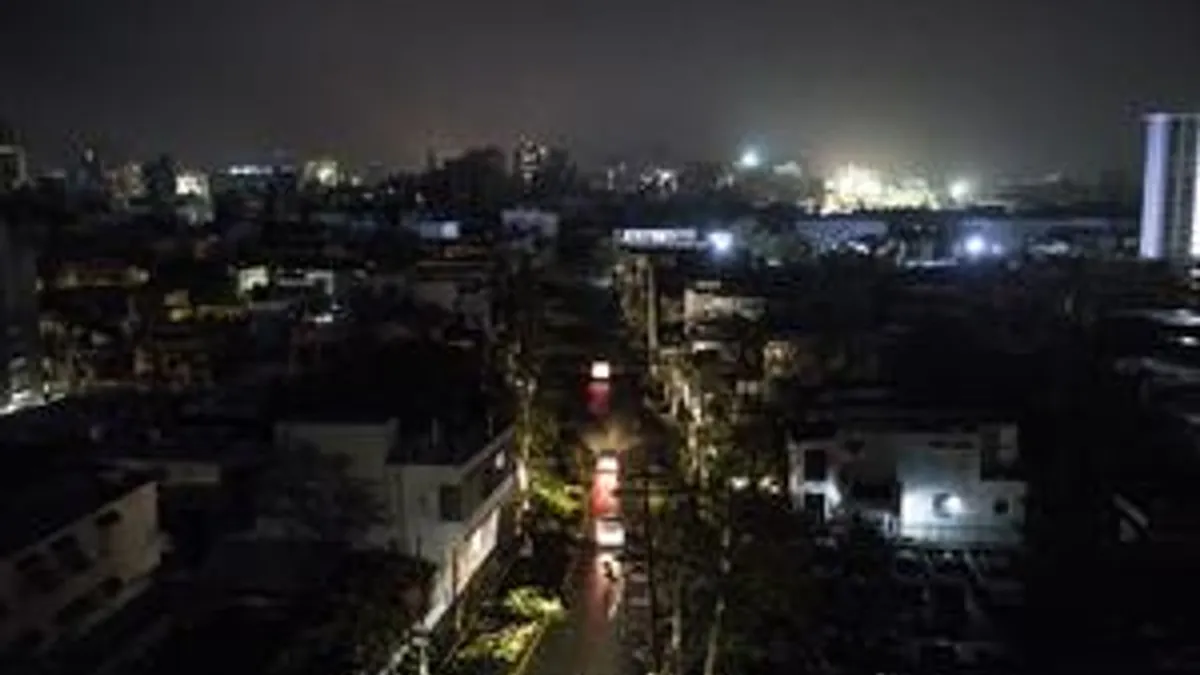Dive Brief:
- President Trump removed shipping restrictions holding back disaster support to Puerto Rico, CNBC reported Thursday. Both Senator John McCain and Governor of Puerto Rico Ricardo Rossello made the request.
- The Jones Act, shorthand for the Merchant Marine Act of 1920, requires that all goods shipped between American ports travel on U.S. flagships with American crews.
- President Trump's delay in waving the Act has resulted in some criticism. The President has said that available federal resources are already deployed to hasten the island's recovery.
Dive Insight:
Puerto Rico remains crippled despite desperate need and attempts to send aid.
While many citizens hearing of the devastation in Puerto Rico have rallied in efforts to send relief, aid logistics are more complex when dealing with an island. Aid often travels in containers, which must arrive by air or sea to the island, then be transported by truck to relief distribution sites. All of this assumes effective communication between the involved parties, and available labor to transport the goods.
In Puerto Rico's case, every step of the supply chain was disrupted after Maria. Immediately after the storm, sea and airports were closed due to high winds, halting the possibility of receiving relief. Once they did reopen, however, arcane legislation like the Jones Act constrained the carrier capacity able to transport goods to the island. U.S. flagships account for just 2% of the world's cargo capacity, despite the large numbers of carriers that operate in U.S. lanes.
Now the Jones Act has been waived — for the third time in the past two months — relief cargo has been slowly trickling into the island. However, ports must still be able to unload and transfer cargo for movement. This has been a problem in Puerto Rico, where only 20% of truck drivers have returned to work since the storm, leaving at least 10,000 containers full of food, water and medicine to go to waste at the Port of San Juan, according to CNN.
The lack of driver availability may be due to the devastated state of the island's roads, a lack of power in many areas, or most simply a lack of fuel to power the vehicles. Any fuel or repair supplies, of course, must also be shipped into the island, leaving Puerto Rico in a vicious cycle of crises following the storm.
If one thing is clear, it is that supply chains need to operate at their best after natural disasters. This includes regulatory officials waiving limiting factors like the Jones Act. Sen. McCain, and others, have long called for the Act's repeal. Puerto Rico's devastation could be the last straw.













